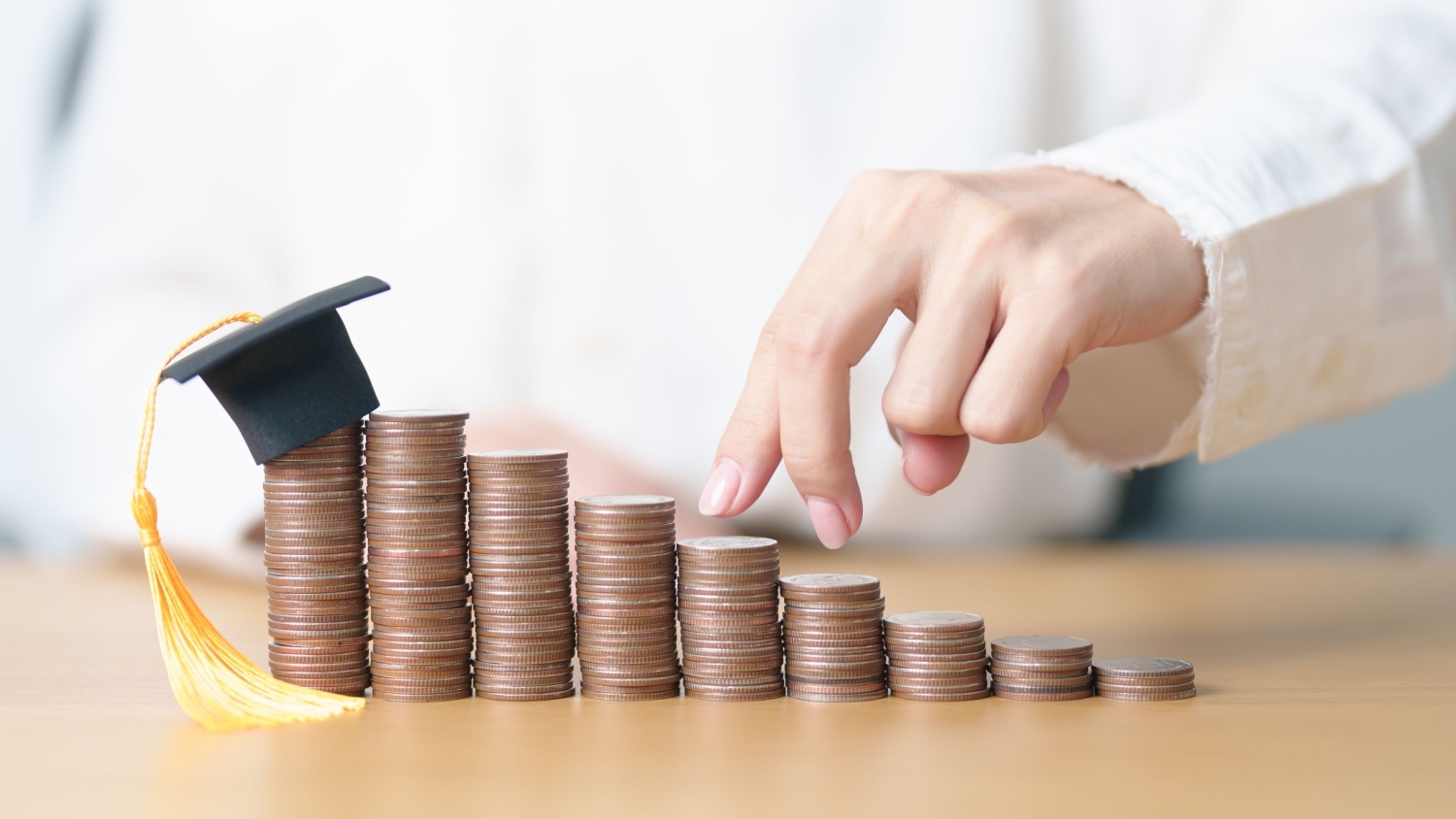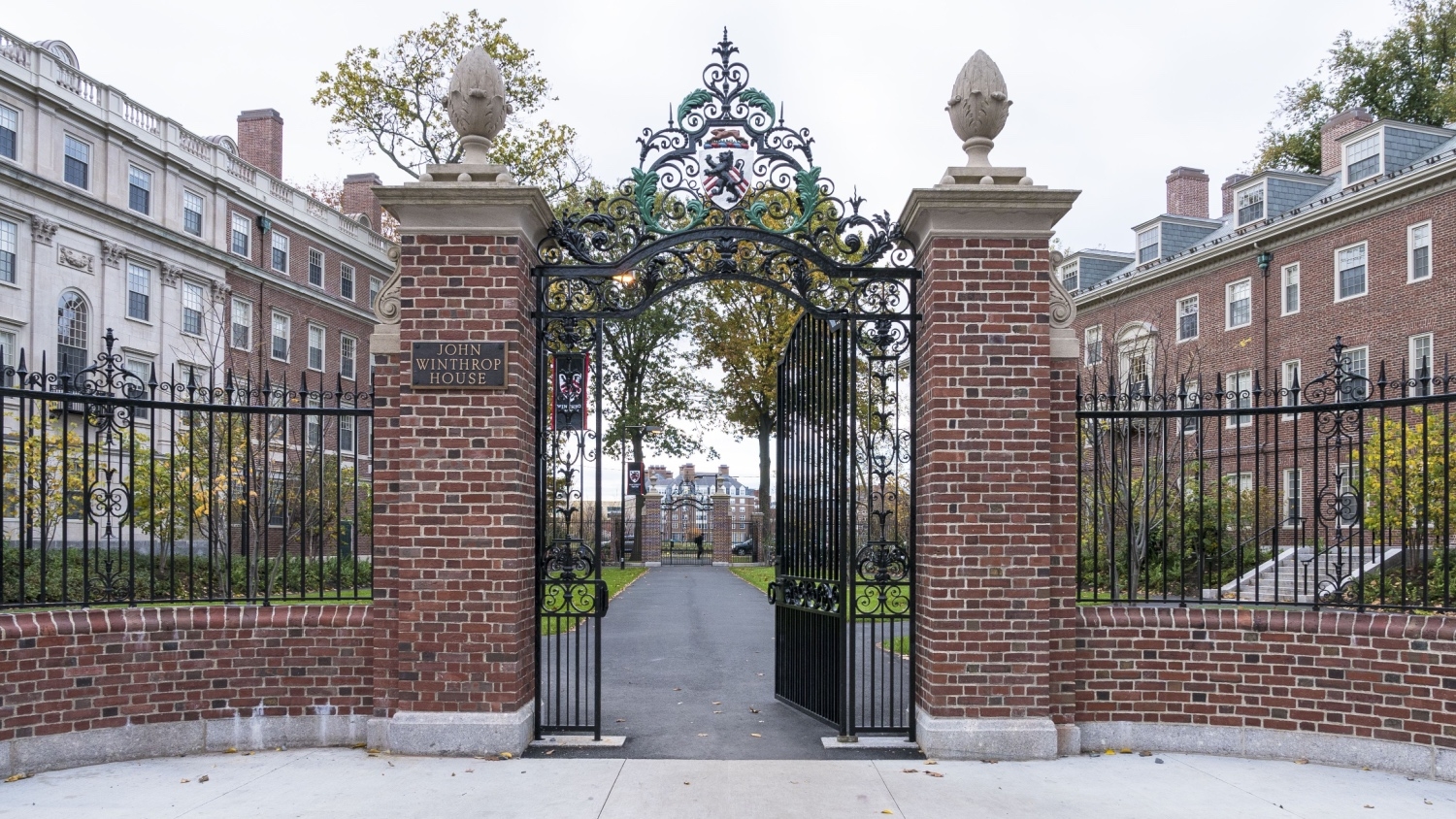The Resumption of Student Loan Collections
Poole College experts Nathan Goldman and Christina Lewellen examine what this means for student loan borrowers.

This week, the U.S. Department of Education will resume collecting on defaulted student loans. In the past, it collected on defaulted loans like any other lender, but it stopped collecting defaulted loans in March 2020 during the COVID-19 pandemic, and the Biden administration continued the pause on collection efforts through 2024.
Estimates suggest that around 20% of student loan borrowers — or about 5 million people — have student loans that are in default. These estimates also suggest that another 4 million borrowers are significantly behind on payments. This means that many Americans will soon be forced to resume making payments on their student loans in the coming months.
What Can Borrowers Who Are Late on Student Loans Do?
Borrowers in default, meaning they are more than 270 days behind on payments, can expect to receive a notification from the Office of Federal Student Aid (FSA) informing them of their default status. They will also receive a letter detailing the collection efforts in the coming months.
Rather than wait for these communications, borrowers who know they are behind on payments — even if they are not yet in default — are encouraged to proactively reach out to the FSA or their loan servicer (the intermediary company to which they make payments) to try to set up a repayment plan. Depending on the delinquency situation, this could include setting up a new repayment plan or rehabilitating a defaulted loan, which can bring the loan out of default.
What Collection Efforts Will Take Place on Defaulted Student Loans?
The U.S. federal government plans to take action for involuntary payments if borrowers do not resume payments or set up a repayment plan. Most loans borrowers take out are secured, such as an automobile or home loan, meaning the lender can repossess the borrower’s assets if payments are not made. Student loans are unsecured, meaning there is nothing tangible to repossess if the borrower does not pay. For this reason, the Department of Education will start collecting defaulted debt by garnishing wages and tax refunds. This means a borrower’s employer may be required to withhold part of their paycheck and remit it to the federal government to pay back the loan.
How Can Student Loans Affect a Borrower’s Credit Situation?
Like any loan, when a borrower makes payments late or fails to make payments, the lender reports this information to credit bureaus — including Equifax, TransUnion, and Experian. This information is typically reported when the borrower is more than 90 days late on a payment, and late payments can significantly reduce a borrower’s credit score. Defaulted loans hurt credit scores even more severely than late payments.
Importantly, when a borrower tries to get a loan to purchase a vehicle or home, lenders will review the borrower’s credit score and credit history to decide whether to issue the loan and determine the interest rate. Therefore, borrowers should understand that failing to make payments on student loans typically lowers purchasing power down the road.
On the other hand, making student loan payments on time can improve a borrower’s credit situation. Student loans are often the first loans young adults have, so making timely payments can help establish a good credit history and improve their chances of securing a loan for a home or vehicle purchase.
How Does the Government Benefit From Restarting Collections?
While the restart of collections on student loans is viewed unfavorably by some, it is important to highlight that the lender for many of these loans is the U.S. federal government. Borrowers who fail to repay these funds directly reduce the amount of money available to the federal government. Under President Trump, the federal government aimed to increase cash flows and address the national debt. While most attention has been focused on cutting spending — such as trimming agencies or removing some altogether — rebooting collections on those in default is a revenue-based approach to addressing the country’s finances. Some could argue that collecting these funds may be preferable to raising taxes or firing government employees.
What Can College Graduates Do Proactively to Avoid Delinquency or Default?
One thing college graduates can do is work with their loan servicer to structure a payment they can afford. There is usually a minimum payment amount based on the total loan, and the total amount over the course of four years can be large. In this case, borrowers can explore options like stretching out the loan over a longer period of time to make payments more manageable. Early in a person’s career, when they haven’t yet reached their peak salary, they can also consider income-based repayment plans and then resume normal payments as their income level increases.
However, some of the best ways to be proactive can be done in advance and may be the most obvious. For instance, before beginning the borrowing process, students should determine the loan payment schedule and compare it to their expected salary upon graduation to ensure the borrowed amount is reasonable. Furthermore, borrowers can work during college and use the proceeds to reduce their principal before payments are due. Lastly, borrowers should prioritize receiving funds from subsidized sources, such as Pell Grants — which do not have to be repaid — or Federal Subsidized Loans, which must be repaid, but the interest doesn’t accrue until graduation.
Final Thoughts
While making payments on student loans can seem overwhelming, students should keep in mind that an education is an investment that will pay off over a lifetime. Early in one’s career, there may be times when student loan payments are sizable relative to a borrower’s income. While this can be confusing, borrowers should make sure they evaluate their options and find a way to make payments to avoid adverse credit. While in college, students should also pay close attention to the amounts they are borrowing and estimate their payment amounts after graduation.
While a college degree will pay off, students should not cut corners in this realm, but they can make smart decisions on how much to spend on living expenses and other costs during college. Finally, borrowers should be aware that interest on student loans is tax-deductible for many taxpayers. Therefore, borrowers should keep track of their payments and include the interest paid on their tax return to reduce their tax liabilities each year.
Nathan Goldman and Christina Lewellen are associate professors of accounting in the Poole College of Management.
This post was originally published in Poole Thought Leadership.
- Categories:


